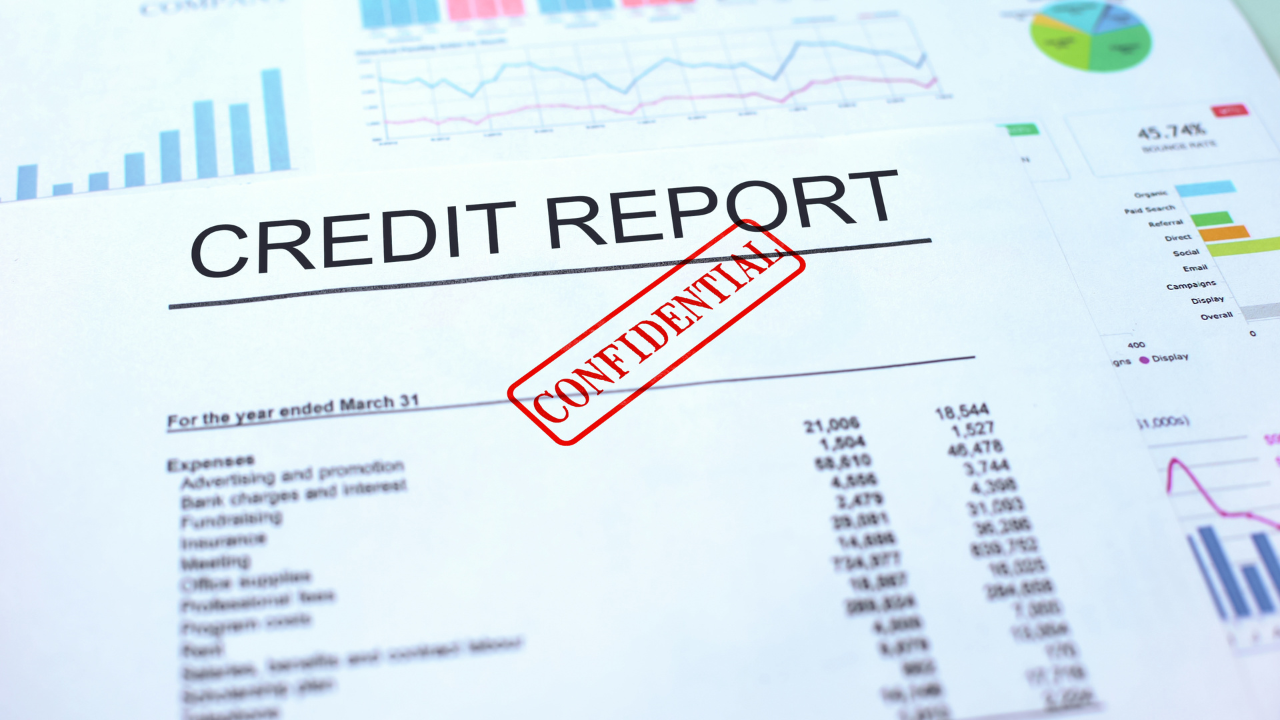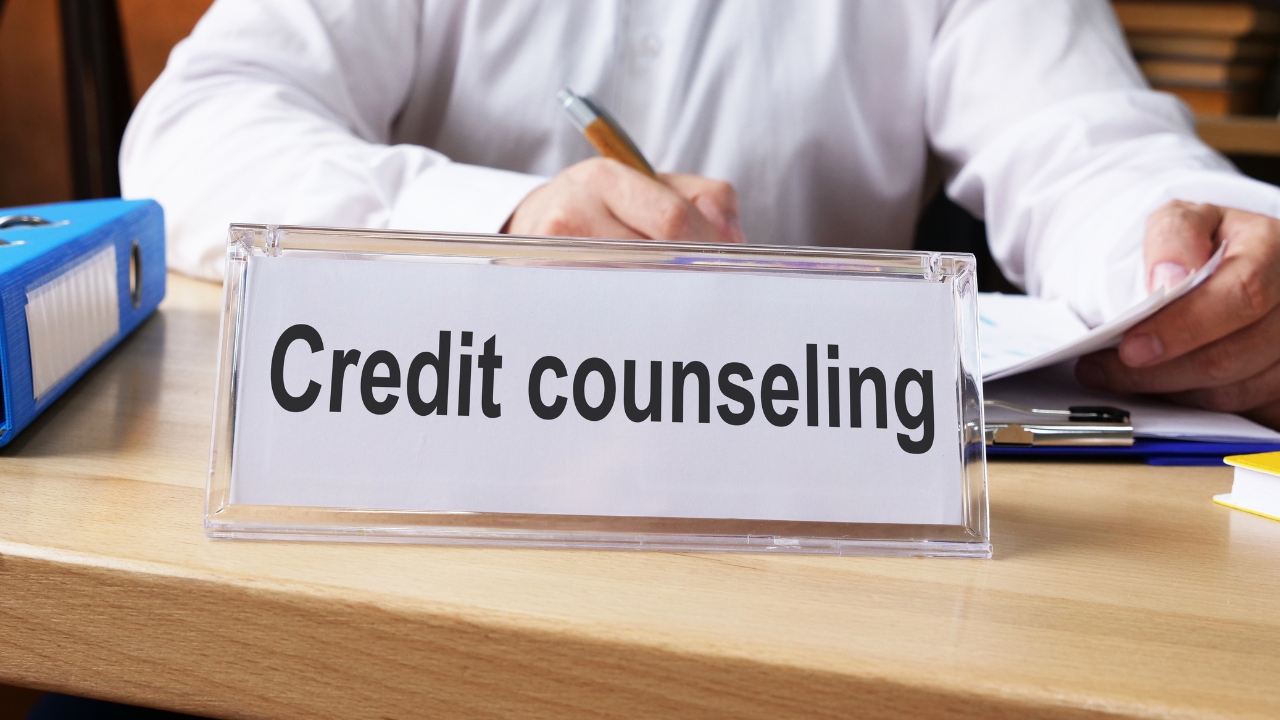Dealing with debt collectors can be a stressful experience, but it’s important to remember that you have rights as a consumer. Understanding how to handle debt collectors can help you navigate these situations with confidence and protect your rights. In this blog, we will provide you with a comprehensive guide on how to handle debt collectors effectively, ensuring fair treatment and minimizing the impact on your financial well-being.

Know Your Rights
As a consumer, you have certain rights protected by the Fair Debt Collection Practices Act (FDCPA). Understanding these rights is essential when dealing with debt collectors. Some key rights include:
- The right to request written validation of the debt.
- The right to dispute the debt’s validity.
- The right to request that the debt collector cease communication.
Keep Records and Documentation
When dealing with debt collectors, it’s crucial to keep accurate records of all interactions. This includes:
- Documenting the debt collector’s name, contact information, and the collection agency they represent.
- Recording dates and times of phone calls or any written correspondence.
- Saving copies of letters, emails, and any relevant documentation related to the debt.
Communicate in Writing
To ensure clarity and maintain a paper trail, it’s generally recommended to communicate with debt collectors in writing. When doing so, remember these key points:
- Send your communication via certified mail with a return receipt requested.
- Clearly state your intention, whether it’s disputing the debt, requesting validation, or outlining a repayment plan.
- Keep a copy of your letter for your records.
Validate the Debt
If you’re uncertain about the validity of the debt or want more information, exercise your right to request debt validation. When requesting debt validation, remember the following:
- Send your request within 30 days of receiving the initial communication from the debt collector.
- Be specific about the information you’re requesting, such as details of the debt, original creditor information, and proof of ownership.
Negotiate and Settle the Debt
If you determine that the debt is valid and you’re unable to pay the full amount, you can consider negotiating a settlement with the debt collector. Follow these steps:
- Evaluate your financial situation and determine an amount you can reasonably afford to pay.
- Initiate negotiations with the debt collector, aiming to reach a mutually agreeable settlement amount.
- Get any settlement offer in writing before making a payment, and keep proof of payment for your records.
Seek Legal Advice
If you feel that your rights are being violated, or if you’re facing persistent harassment or unfair treatment from debt collectors, it may be wise to seek legal advice. An attorney with expertise in debt collection laws can provide guidance and represent your interests if necessary.
Here are some additional resources and links for further information
Conclusion
Handling debt collectors can be challenging, but by knowing your rights, keeping detailed records, communicating effectively, and exploring options for debt resolution, you can navigate these situations with confidence. Remember to prioritize your financial well-being and seek legal advice if needed. By taking a proactive approach, you can protect your rights and work towards resolving your debts in a fair and manageable manner.









